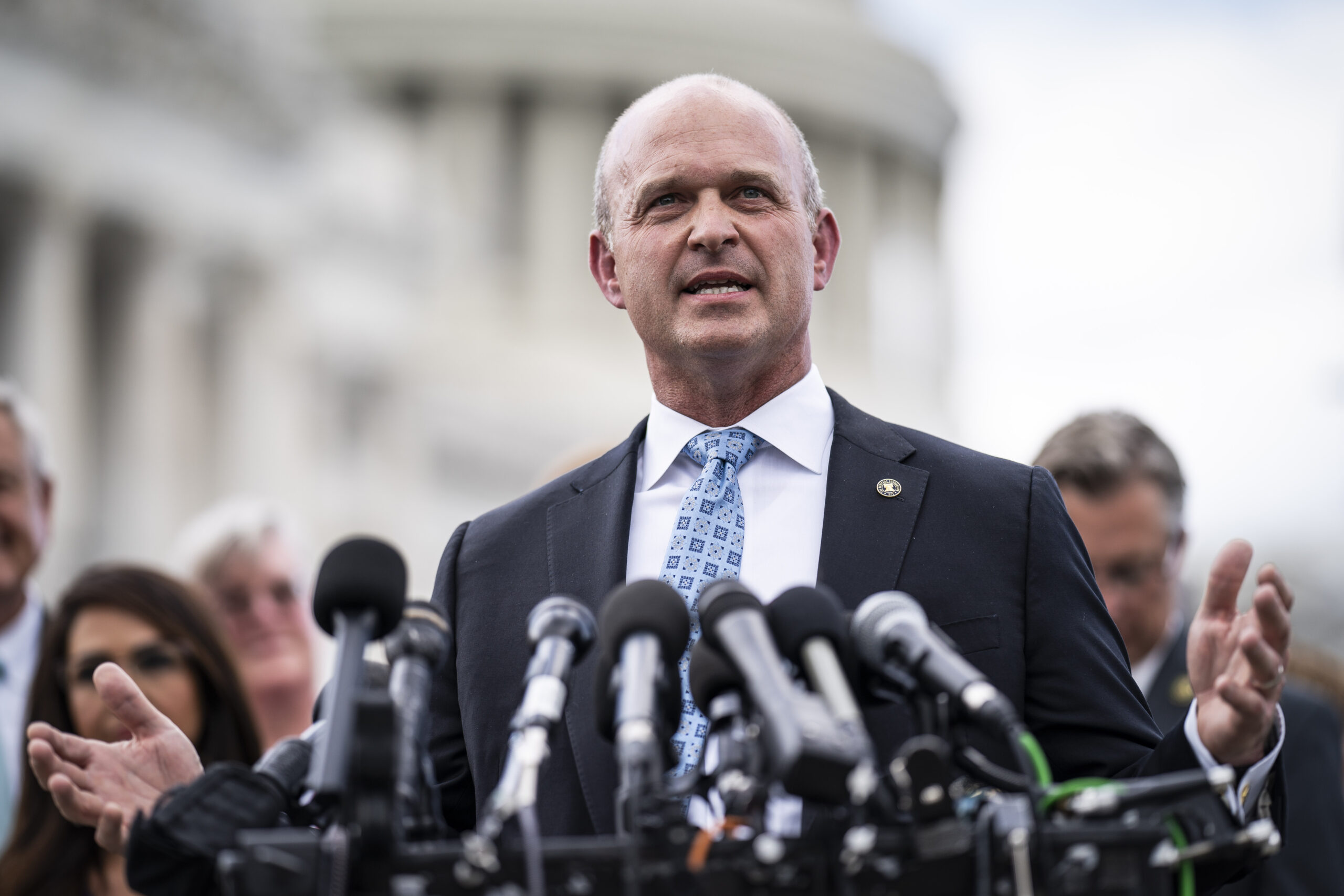Too ‘religious’: State under fire for discriminating against Christians
'By denying the school participation in student aid programs because of its religious character, beliefs, and exercise, the state is penalizing the school and its students based on their religion – discrimination that, as the U.S. Supreme Court has found, is odious to our Constitution'



A state has taken upon itself to determine whether colleges, and college programs, are too “religious,” and if so, prevent students there from participating in a statewide program that offers financial help.
And it’s now the subject of a court case.
It is the ADF that gone to court with a civil rights complaint challenging the practice in the state of Georgia for officials to determine the religiosity of a school, and then ban its students from a statewide financial aid plan.
“By unlawfully discriminating against Luther Rice’s religious beliefs, Georgia officials are ultimately hurting the state’s students,” explained lawyer Ryan Tucker, of the ADF.
“Georgia high school students can’t receive dual credit by taking classes at Luther Rice; college students who choose Luther Rice are denied much-needed financial aid available to students at other colleges. On behalf of all Georgia’s students, we are urging the court to uphold Luther Rice’s constitutional protections by guaranteeing that the school can fully participate in student aid programs while still adhering to its religious beliefs, character, and exercise.”
The school, in Atlanta, is a private, Christian nonprofit that offers undergraduate, graduate, and doctoral-level degree programs. It offers three undergraduate degree programs: an Associate of Arts in General Studies, a Bachelor of Arts in Psychology, and a Bachelor of Arts in Religion.
But the state excludes those students from a statewide student financial aid program, to their harm.
The state has banned students at a “school or college of theology or divinity” from participating.
The ADF explained, “Georgia offers student financial aid programs to help students cover tuition costs for undergraduate degree programs at Georgia colleges and universities. While the state allows private and religious colleges to participate in such programs, Georgia excludes schools that state officials consider a ‘school or college of theology or divinity.'”
The court challenge charges that Luther Rice officials have a choice of maintaining their religious mission and degree programs and teaching all courses from a Christian worldview – or giving that up.
“Putting the school to that choice is unconstitutional,” explained ADF lawyer Andrea Dill. “By denying the school participation in Georgia student aid programs because of its religious character, beliefs, and exercise, the state is penalizing the school and its students based on their religion—discrimination that, as the U.S. Supreme Court has found, is ‘odious to our Constitution.'”
The filing explains that Georgia lawmakers, in fact, created the program to encourage Georgia students “to attend private colleges and universities because ‘the four-year and graduate level institutions of the University System of Georgia are not equally available to citizens in certain areas of the state.'”
The action seeks a declaration that the exclusion of Luther Rice students violates the Free Exercise Clause, Establishment Clause, Equal Protection Clause and Free Speech Clause of the U.S. Constitution.
It seeks injunctive protection for school students and attorneys’ costs and fees as well as nominal damages over the constitutional violations.
Named as defendants are officials of the Georgia Student Finance Commission and the Georgia Student Finance Authority.
While it excludes Luther Rice, the program allows students in other schools “with religious missions” to participate in the program.
The filing explains, “Luther Rice is also placed at a competitive disadvantage by not being able to participate in Georgia student aid programs. Damages in the form of monetary reimbursement for tuition is an inadequate remedy because it fails to alleviate the constitutional harm of depriving the school and its students from participation in Georgia student aid programs altogether due to their religious character and exercise. Nor can monetary damages account for Luther Rice’s loss of ministry opportunities caused by Defendants’ actions.”
What's Your Reaction?

































































































